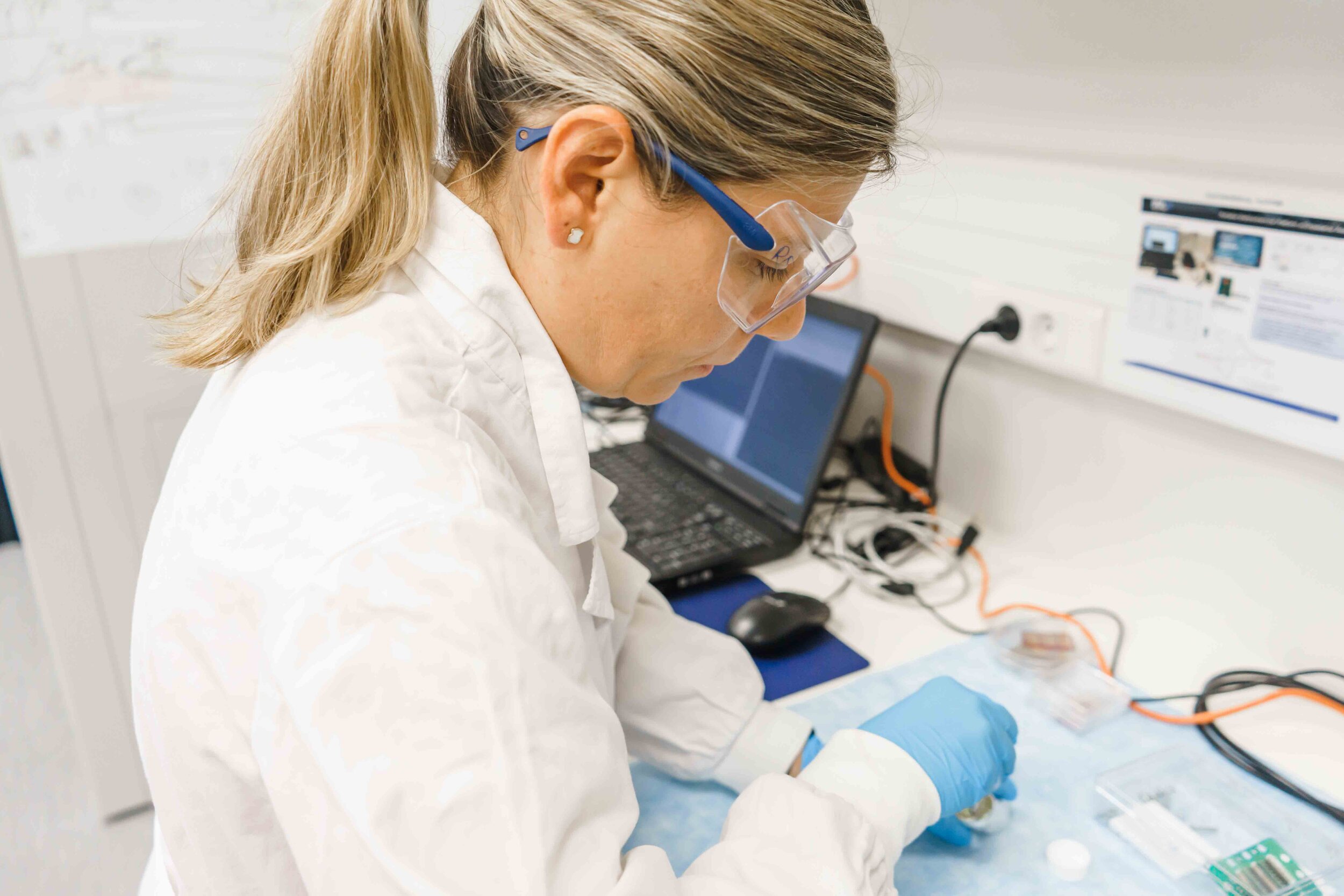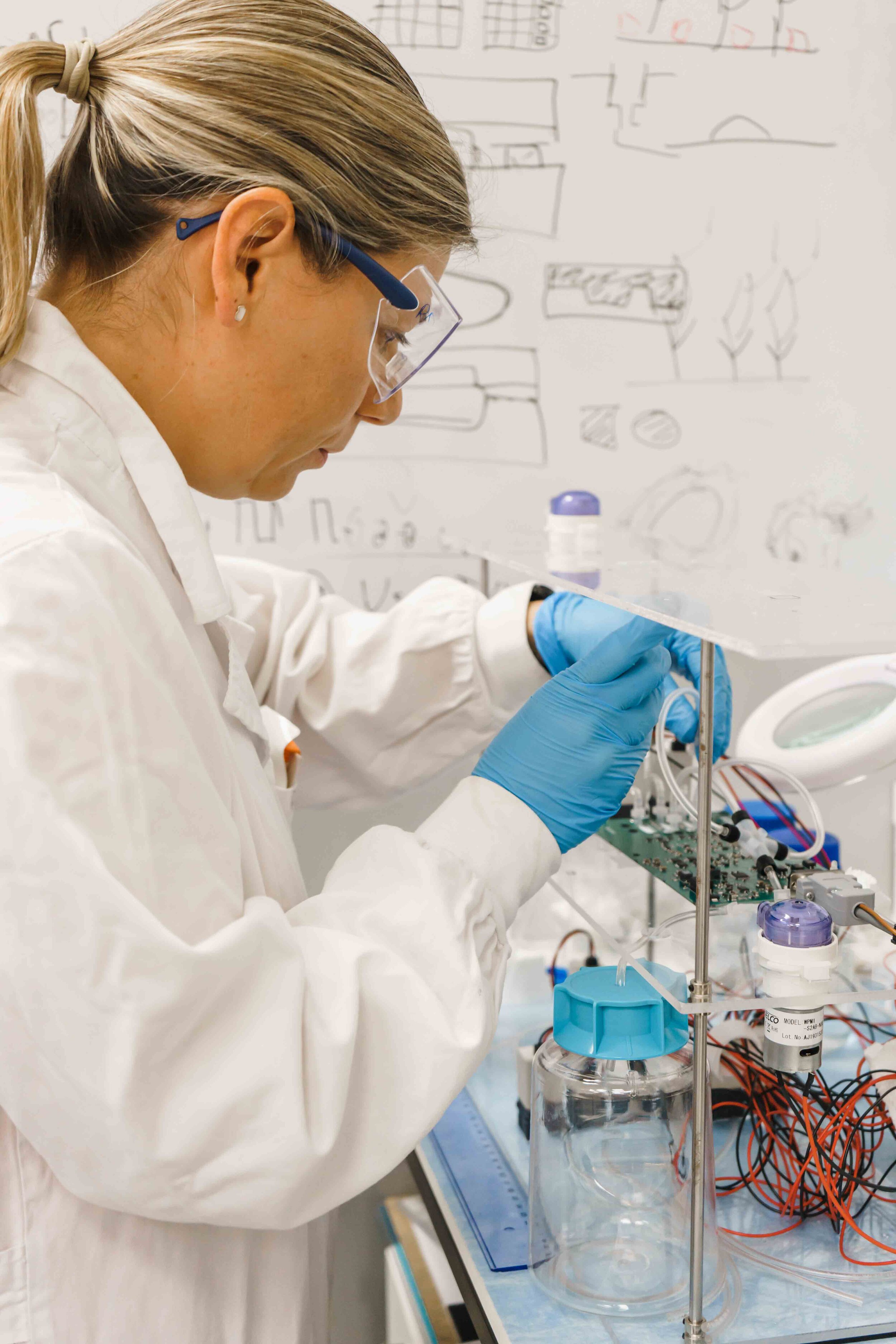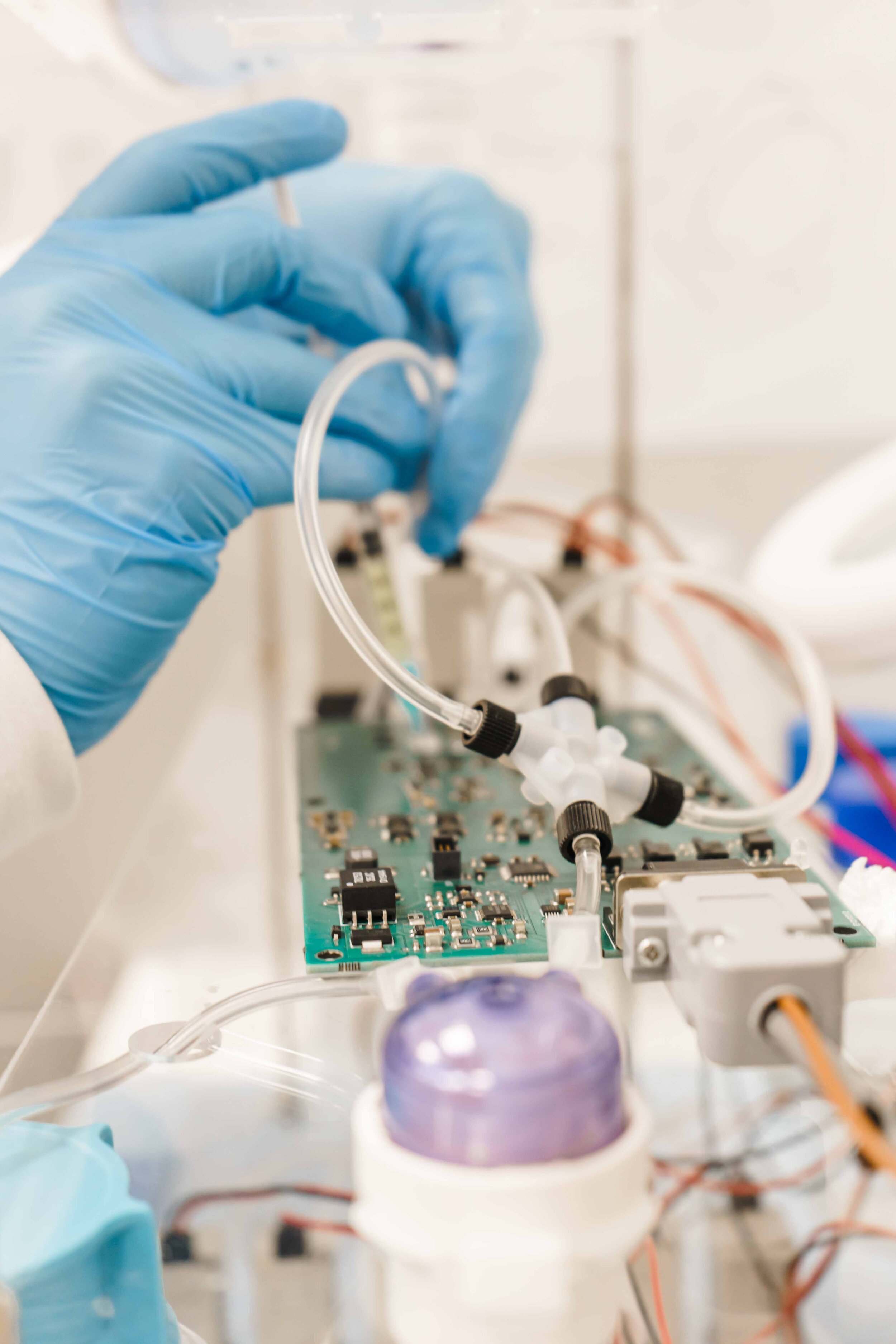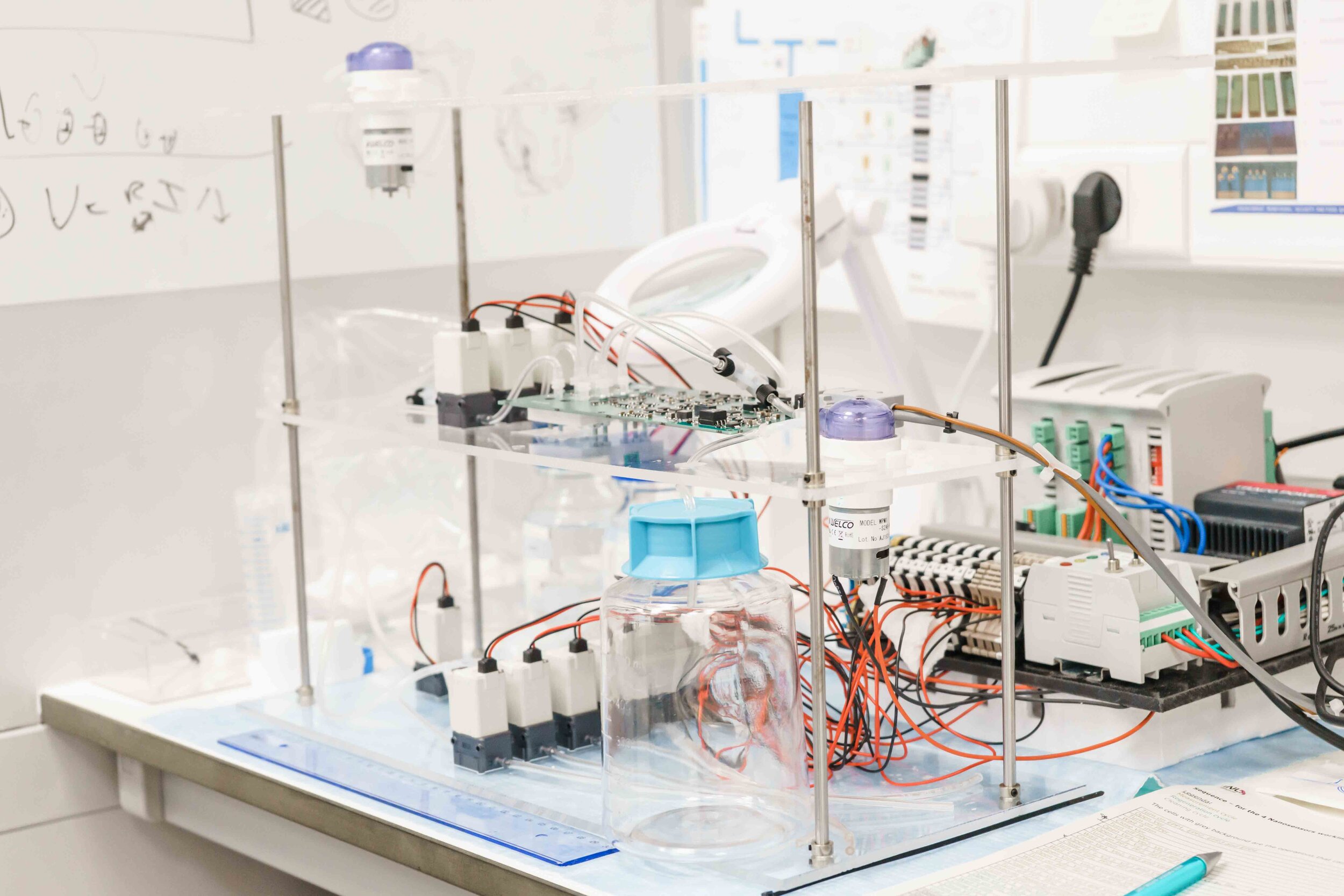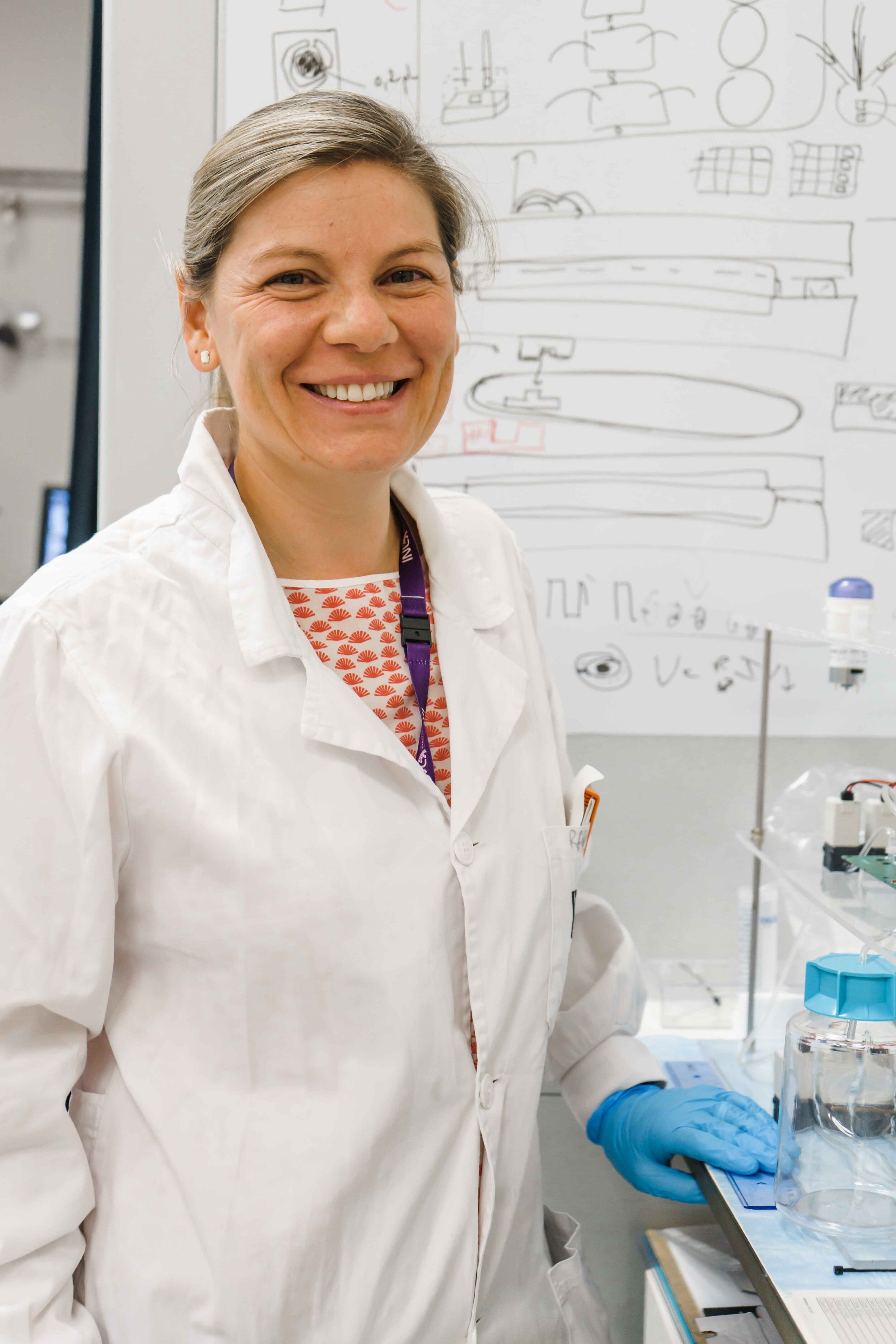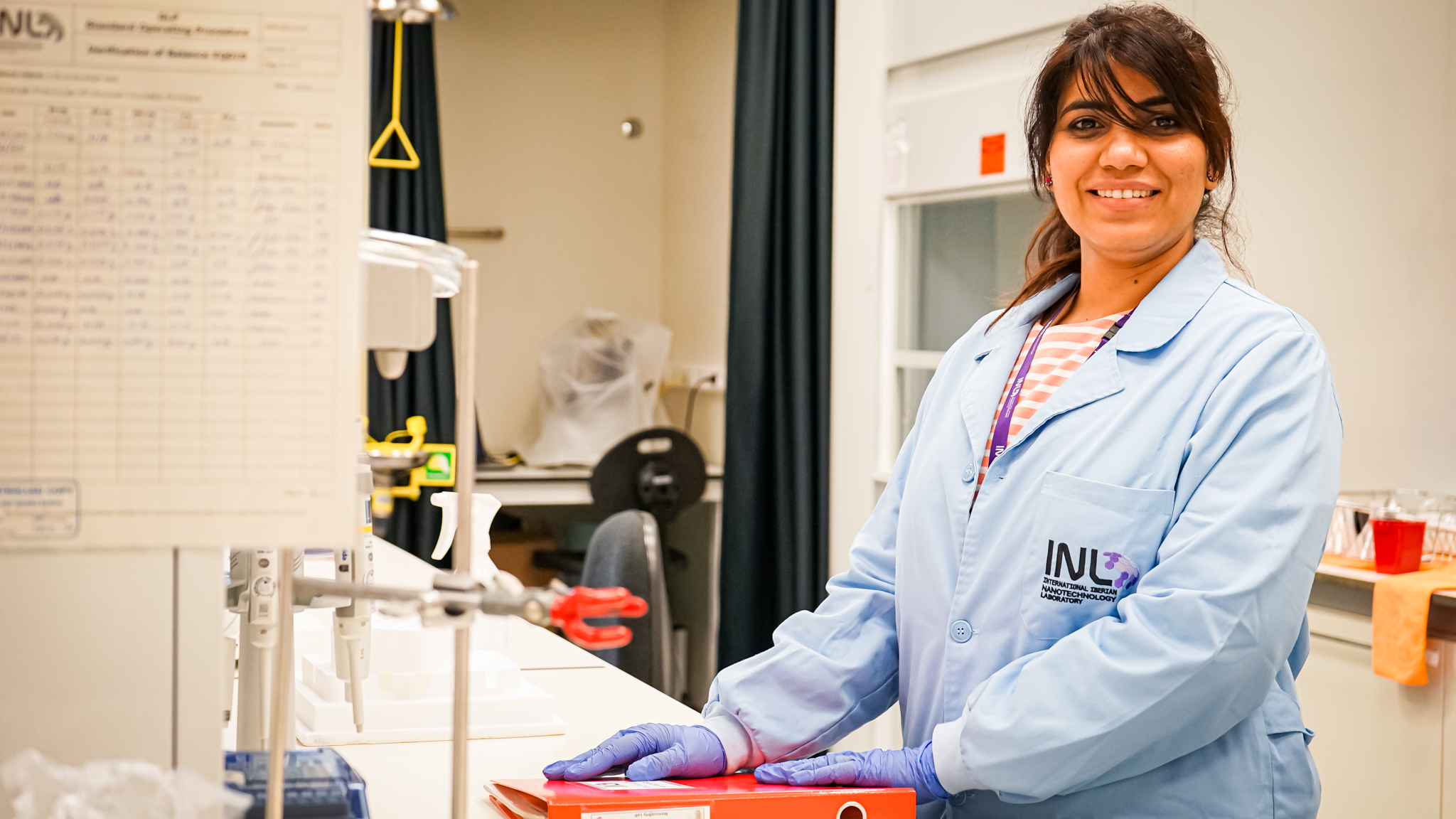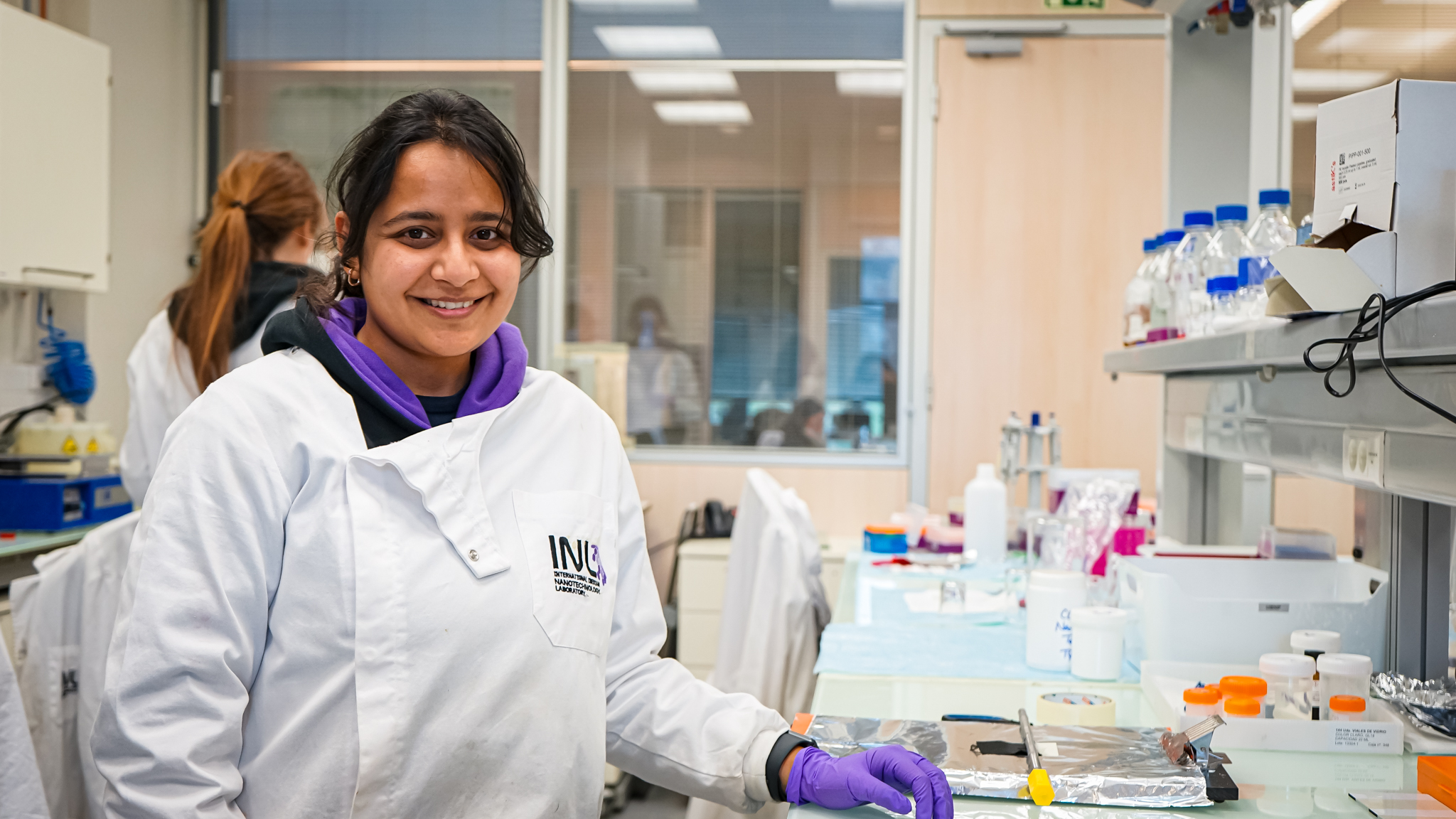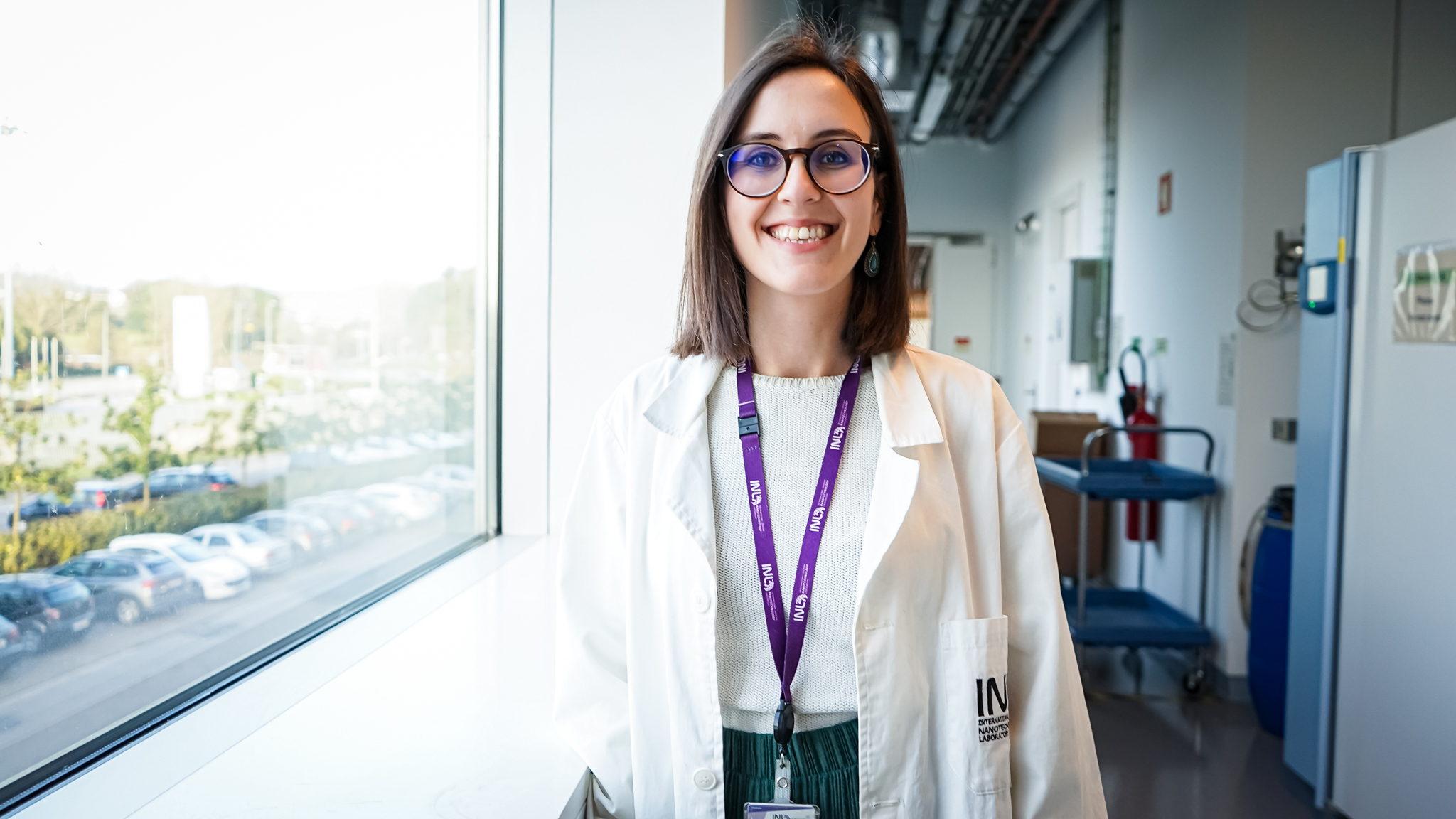
“Biosensors as key elements in the future of water quality”, interview with Raquel Queirós
November 25, 2020
Raquel Queirós is a staff researcher in the Water Quality Research Group at the International Iberian Nanotechnology Laboratory. Her main research interests include label-free detection methods for life science applications, new biomimetic materials as molecular recognition probes and engineering solutions for water quality monitoring.
She joined INL as a NanoTRAINforGrowth Marie Curie Research Fellow in 2014, where she started working on the development of new nanomaterial-based sensors for water biotoxins monitoring.
What got you interested in this field?
I think it came up naturally since my background is in chemical engineering which was much centred in the development of advanced knowledge concerning chemical and biological processes optimisation and integration, but always pursuing advances in the main areas of environment and energy. During my Master, I worked in the development of chemical sensors very focused on the analytic part yet during my PhD I build up my expertise in biosensors since I’ve been dedicated to the development of the devices on a full scale, from understanding biochemical interactions to signal transducers and systems integration.
What is the importance of your research?
The immense potential in what concerns possible applications of this type of devices, from agricultural, environmental and food sciences to wearables and clinical diagnostics, and particularly in resource-limited environments, that are powerful analytical tools which bring huge advantages when compared to conventional analytical techniques. The growing demand for cost-effective, fast, real-time reliable information in a massively connected world it is of utmost importance. The capabilities of these devices go beyond the measuring ability, they can provide critical information directly to users or be available remotely.
What was the most striking time you have during your career?
I would say my PhD, it was a time of many changes that brought lots of challenges, I came from a group dedicated to analytical chemistry and I integrated a group of physicists devoted to the development of optical fibre sensors. I had to learn a lot of new concepts and disciplines, and a completely new mode of working. I worked for the first time in a clean room, in fact in several, so different. I lived abroad for the first time and I met incredible people, and places.
Briefly, what excites you about your work and how do you juggle motherhood and Research?
That we can always improve and do better.
It was very demanding in the beginning, I felt that I was not in the best of my capacities/abilities and that I was doing a job that was not the best I could do. Now, since I can sleep more than two hours in a row, it is much easier. But it requires a lot of organisation and always has a backup plan ready.
